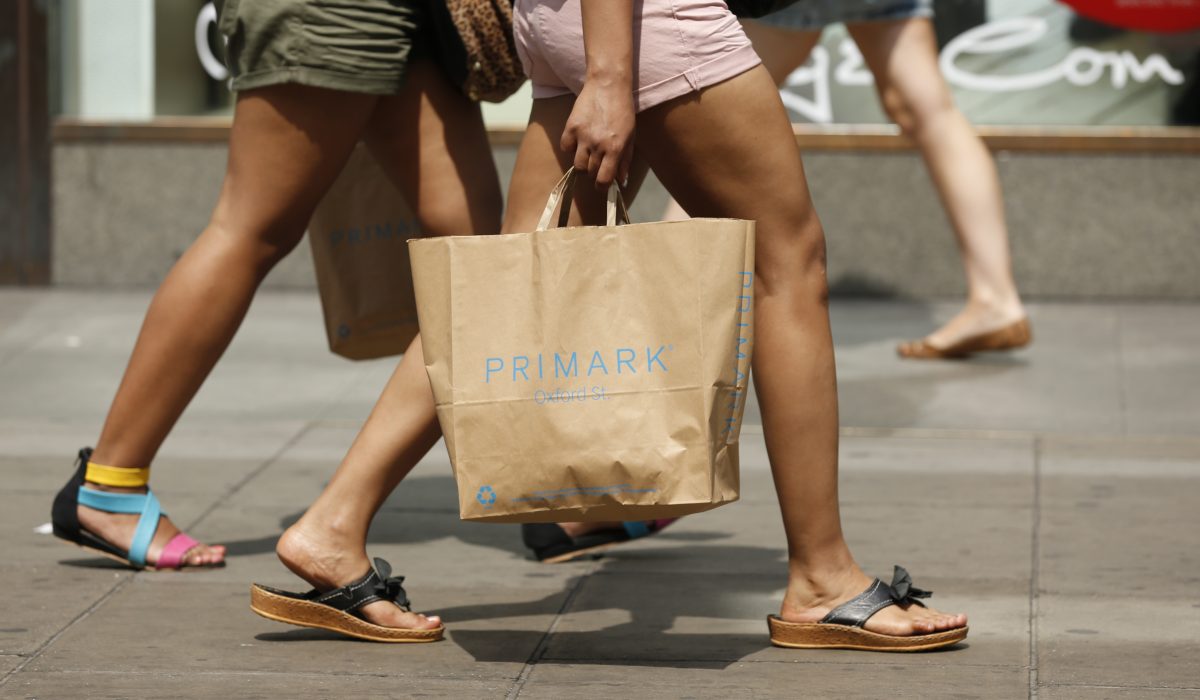Retailers Implementing Strict Security Measures Amid Rising Crime
In response to a surge in crime and abuse, an increasing number of high street retailers are taking drastic measures to protect their staff, customers, and stock. These steps include locking doors during business hours and limiting the number of people inside stores. This trend has been observed across various locations in the UK, with several well-known brands implementing such policies.
A notable example is Aesop, a bodycare store located in Hampstead, north London. Customers visiting the store have been informed that it is currently operating with locked doors and a restricted number of shoppers inside. The decision was made for security reasons, highlighting the growing concerns among retailers about safety. Similarly, at Whistles, a women’s clothing shop in Islington, staff have placed a sign on the front door instructing customers to knock and wait for assistance. The store is also following a locked-door policy.
The situation has become so severe that more than 2,000 daily incidents of violence and abuse were reported across the UK in the year ending April 2024, a significant increase from 1,300 the previous year. This sharp rise has prompted many businesses to reassess their security strategies.
In Hampstead, the opticians David Clulow faced two separate break-ins in January, where thieves smashed the front door and stole 220 pairs of glasses worth nearly £7,000. Such incidents have led to heightened vigilance among retailers. For instance, security guards have been seen standing outside some O2 phone stores following a series of thefts. O2 stated that the decision to implement these measures was made to ensure the safety of both employees and customers, as well as to protect their inventory.
Other retail chains have also adopted innovative security solutions. Some Sainsbury’s shops now require customers to scan their receipts before leaving the premises. Meanwhile, Tesco has introduced robot security guards in certain stores outside regular opening hours. These measures reflect the industry’s efforts to combat rising crime rates.
According to Chris Brook-Carter from the Retail Trust, the impact of retail crime on workers is alarming. Nearly half of the retail workers surveyed reported feeling unsafe at work, while two-thirds said they experience stress and anxiety due to the high levels of crime. He added that the helpline receives numerous calls each day from individuals reporting distressing incidents of crime, abuse, and violence. Many employees have reached a breaking point, expressing a need for stronger support and protection.
Impact on Retail Workers and Customer Experience
The implementation of these security measures has not only affected the safety of retail workers but also altered the customer experience. Shoppers may find themselves waiting longer to enter stores or being required to perform additional steps before leaving. While these actions are intended to prevent crime, they can sometimes lead to frustration among customers who expect a seamless shopping experience.
Retailers are caught between the need to protect their staff and maintain a welcoming environment for customers. As crime continues to rise, it remains to be seen how these measures will evolve in the coming months. The industry must find a balance between ensuring safety and preserving the convenience that shoppers expect.
Looking Ahead
With the ongoing challenges posed by crime and abuse, it is clear that the retail sector must remain vigilant. The use of technology, increased security presence, and revised store policies are all part of a broader strategy to address these issues. However, long-term solutions will likely require collaboration between retailers, local authorities, and community organizations to create safer environments for everyone involved.







